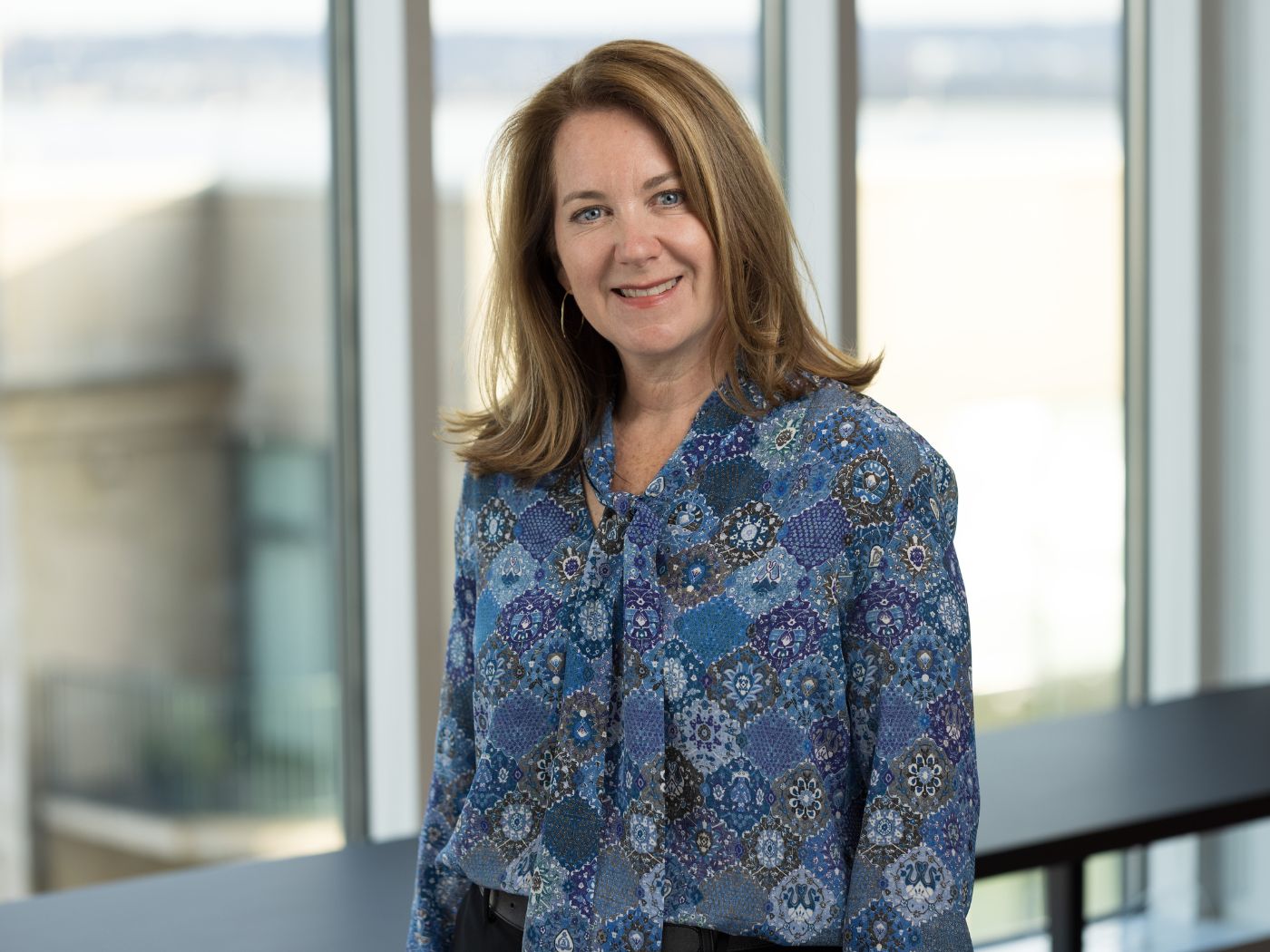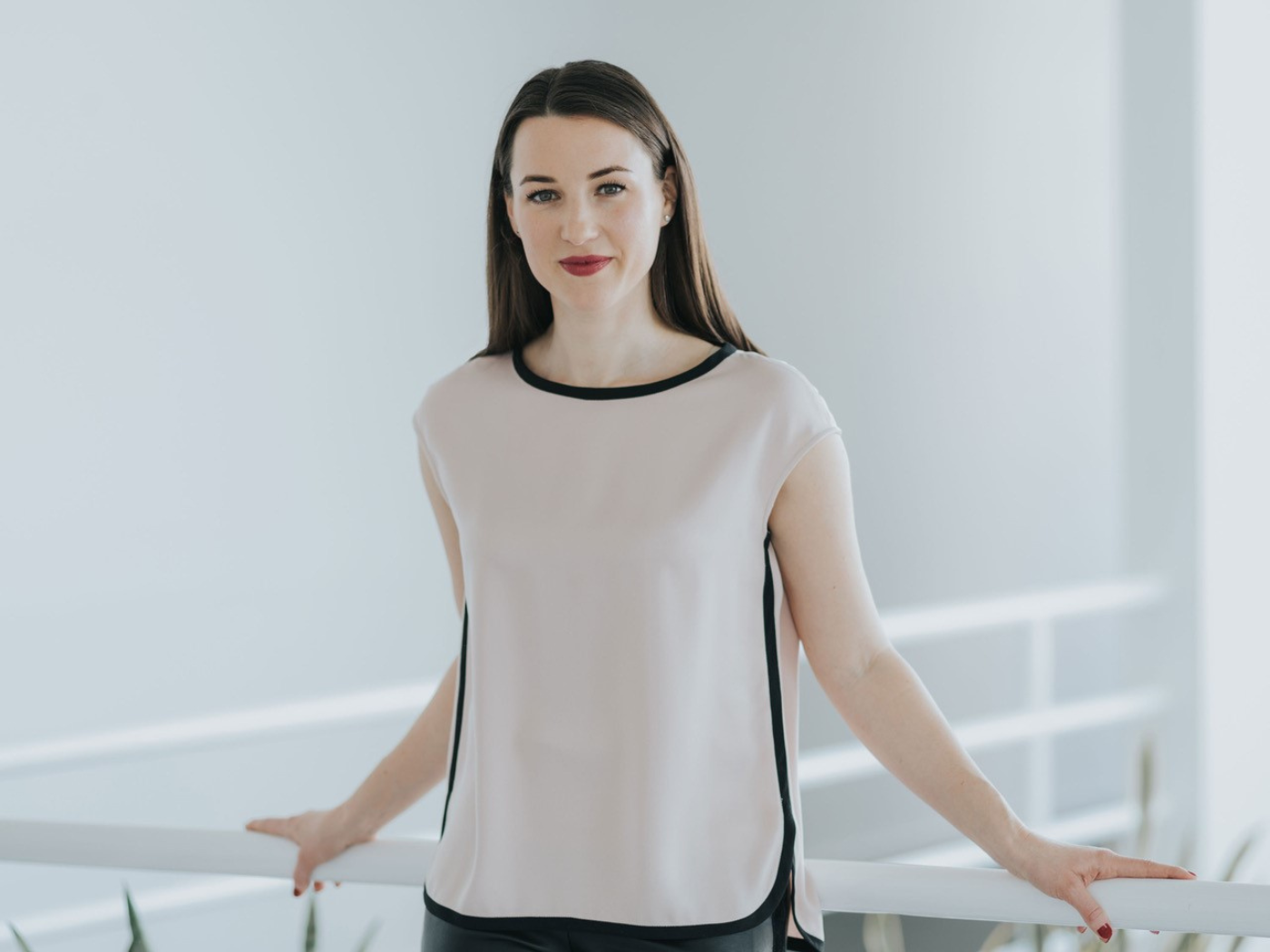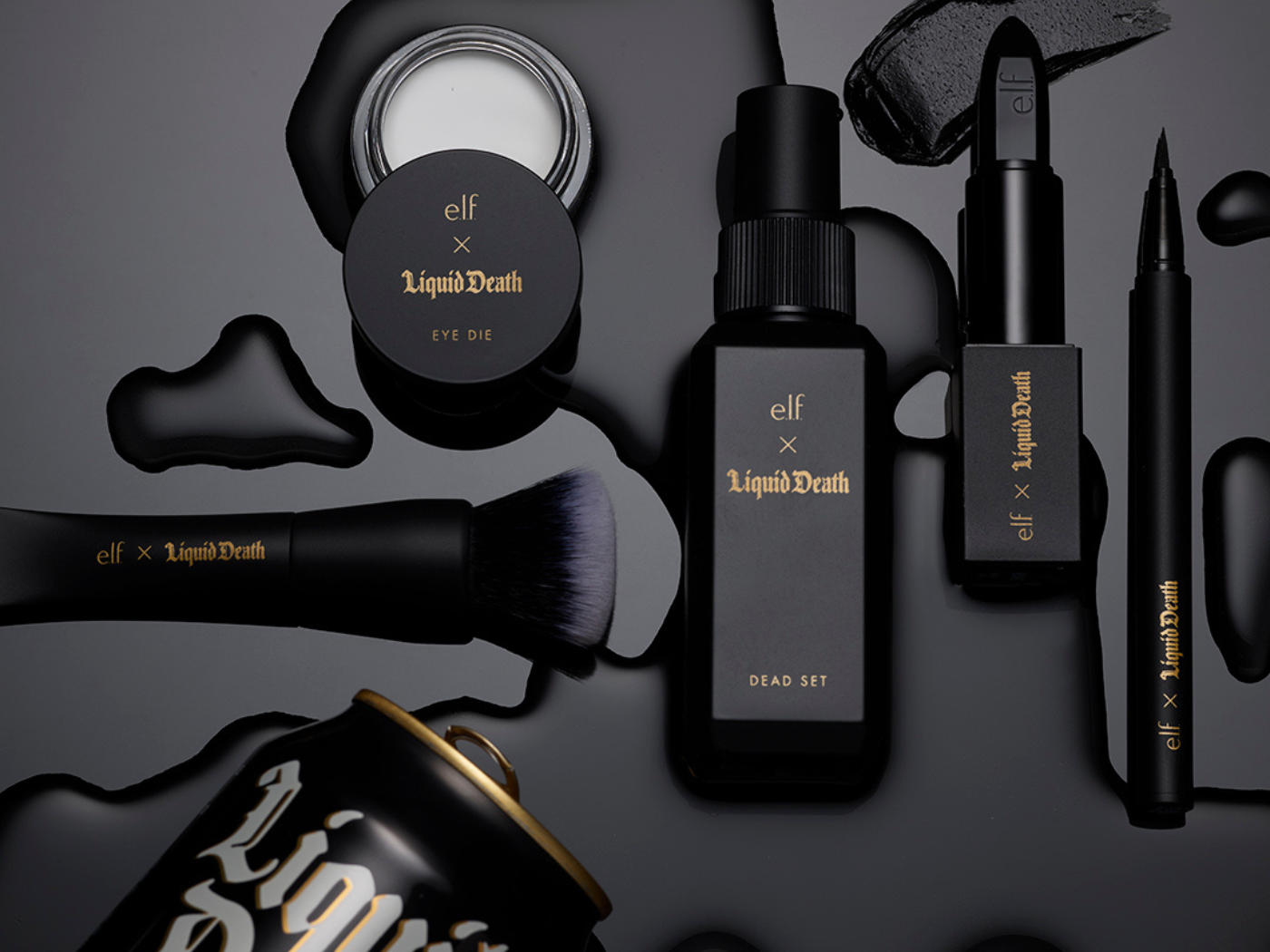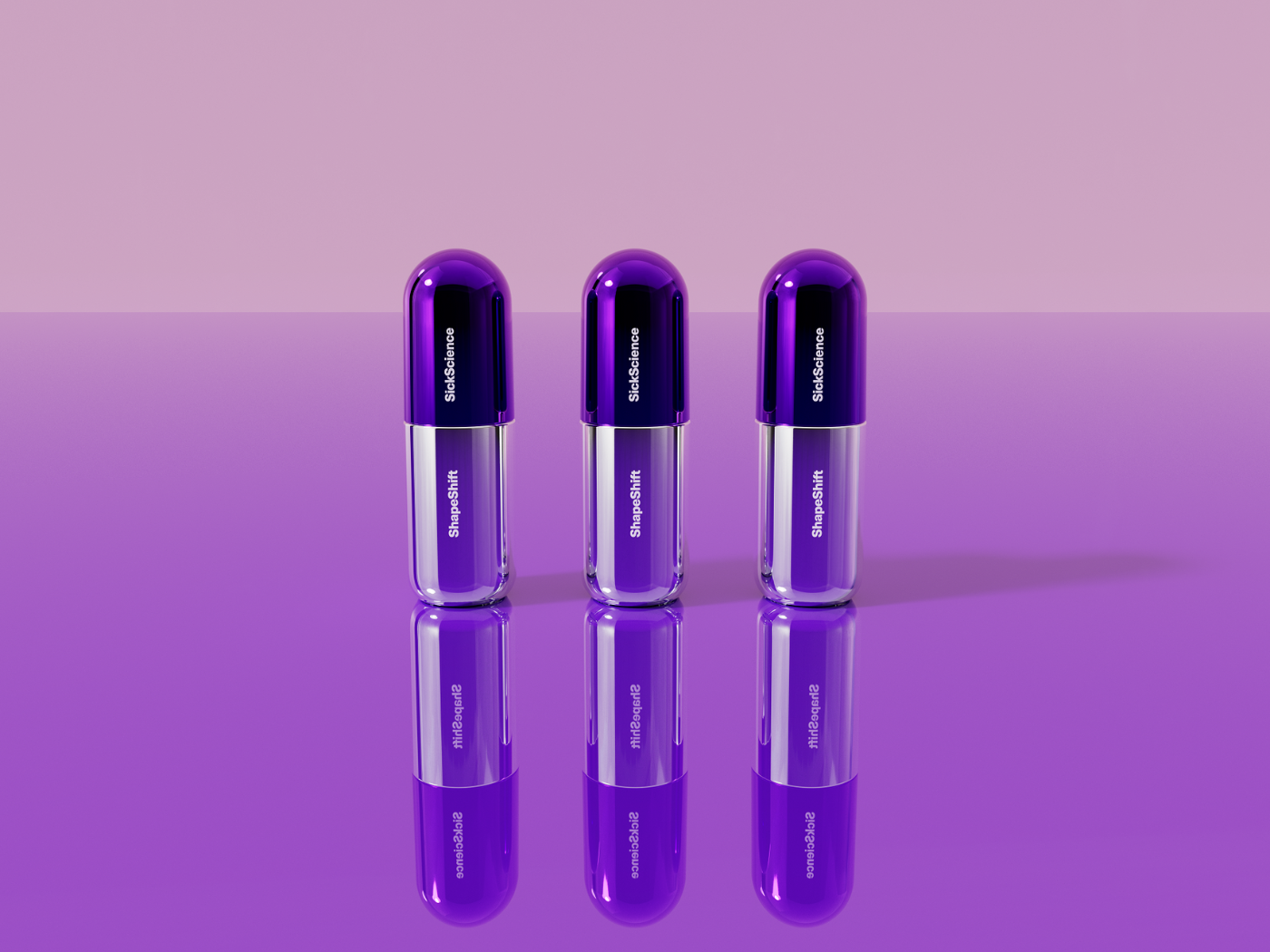Before she orchestrated the purchase of Bellami Hair Extensions by the Beauty Industry Group (BIG), Kelly McPhilliamy, a Managing Director at global investment bank Harris Williams, wore Bellami extensions for months.
“My stylist raved about the quality of Bellami’s products, education programs and the positive impact they all had on her business. I was amazed by how easy it was to have the extensions installed and adjusted each month as my hair grew,” she says.
Kelly’s positive experience with Bellami’s innovative extensions is far from unique — and helps explain why beauty remains a perennial “bright spot” in the consumer market, regardless of market conditions. In fact, as Leonard Lauder noted when he coined the term “lipstick index” to describe the increase in sales of lipstick during the 2001 recession, sometimes beauty sales actually benefit from economic downturns.
When times are grim, a small splurge can provide a big pick-me-up. And, apparently, many women will happily fork out $215 for 20 inches of jet-black Bellami “Bambina” hair extensions even when they’re balking at the cost of a dozen eggs.
“Even during a challenging time, beauty is a resilient industry that I’m grateful to be part of,” says Kelly. To wit, beauty is the only discretionary spending that grew in sales and units last year.
Kelly’s first exposure to the beauty industry was in college when she worked part-time at a fragrance counter. During this time, she also honed her financial chops as a bank teller. “I always wanted to be in finance,” says the Delaware native, who studied the subject as an undergrad at UNC Charlotte and received an MBA at Northwestern’s Kellogg School of Management. Over the course of her career, Kelly has drawn from both pools of experience, including in her lead role cultivating deeper expertise in health and beauty at Harris Williams.
While Kelly has watched beauty sales grow steadily throughout her more than 20-year career in investment banking, she says the model for value-creation opportunities for companies and M&A investors in the beauty and personal care arena has changed.
“Historically, for an investor, the playbook was: invest in a prestige brand exclusive to Sephora or Ulta, help them scale, then sell them to a buyer,” she says. “This is still a proven path to creating value, but now there are others.”
For example, Kelly sees great potential in brands like Bubble, a Gen Z favorite reinventing drug store skin care with the help of its nearly 5,000-strong community of teens, and mass distribution stores including Walmart. The investment banker also sees opportunity in the women’s health arena, specifically brands such as Love Wellness and Womaness, which serve up everything from supplements to skin care to products focused on menopause. Another robust area of growth: professional lines developed by dermatologists (such as Dr. Dennis Gross Skincare); aestheticians (Shani Darden); and hairstylists (Helen Reavey’s Act + Acre and Justin Anderson’s dpHue).
When it comes to finding a good investment, Kelly says she looks for four key attributes: strong brand equity; true and sustainable differentiation in the marketplace; the proven ability to scale; and strong communication with consumers.
Kelly says there are a number of brands she admires that key players in the financial world are talking about, including K-18 and Virtue Labs, built around proprietary technology to repair hair; Selena Gomez’s confidence-boosting makeup line, Rare Beauty; Grande Cosmetics’ transformative lash, brow, lip, and hair products; and Summer Fridays, the cult beauty brand known for its bestselling Jet Lag Mask.
So, when is the right time for a brand to consider merging with or being acquired by another entity? “It really depends on the profile of that business, its needs, and the goals of the business and of the owners,” says Kelly. “It’s a very competitive market. It’s important to ensure your business is well capitalized and grows sustainably, which could mean taking on a partner. In general, strategics are looking for brands that have robust growth and demonstrated profitability, at least $50 million in wholesale sales.”
Asked how she identifies white space in the beauty and personal care industry, Kelly says she looks for brands that can offer a solution to an unidentified problem, like MadRabbit did when they created skin care products for tattoos. Another attractive calling card? “Brands that are driving category innovation (like Bellami or Grande Cosmetics), or redefining how products are used by stirring up excitement in a staid category the way SuperGoop! did by making sunscreen an everyday item,” she says.
For Kelly, the key to a successful merger is finding synergy between brands, which is exactly what she was able to do with the Bellami acquisition. Founded by Nikki Eslami and Julius Salerno, Bellami was born out of Nikki’s personal experience with hair extensions. Focused on quality and accessibility, the partners built a direct-to-consumer business model that sold to individual consumers as well as professional hair stylists. In May 2022, they were purchased by BIG, a multi-brand platform that owns a portfolio of beauty brands, which, like Bellami, benefit from the parent company’s supply chain, distribution channels, and corporate structure. “They found an ideal partner in BIG, who will globalize their brand. But they also enhance BIG’s platform,” Kelly said. “It’s a win-win for both.”
Another win-win Kelly has been happy to play a part in? Bringing more female leaders into the traditionally male-dominated field of mergers and acquisitions. “There’s a growing understanding that creating a more diverse workforce is not only the right thing to do, but it’s better for business,” says the self-described soccer mom, noting the ongoing need for more education, greater awareness, and increased flexibility. “While female bankers are still underrepresented in finance, the industry has done a better job of recruiting and retaining diverse professionals over the course of my career,” says Kelly. “It’s an encouraging trend.”




